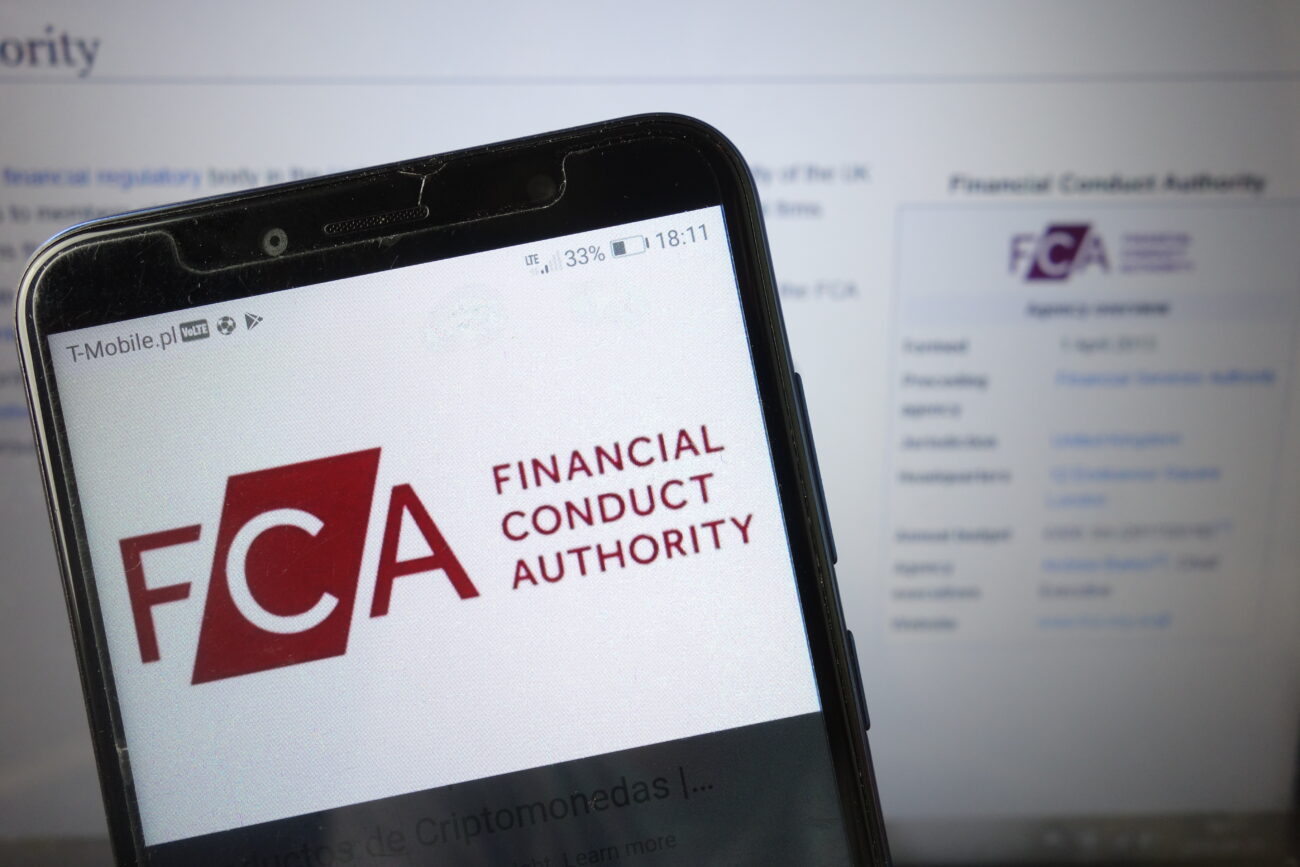
After the abolishment of the Financial Services Authority (FSA), the Financial Conduct Authority (FCA) came into existence in April of 2013 to have regulatory oversight responsibilities for all financial markets in the UK. The Financial Services Act of 2012 expanded the role of the FCA to ensure that financial market participants did not repeat the transgressions that may have contributed to the 2008 Financial Crisis.
The FCA is considered one of the top tiers of forex regulatory bodies, which also includes the CFTC in the US and ASIC in Australia. It administers strict regulatory oversight in the UK following these three core principles:
The Financial Conduct Authority is an independent operating entity. It finances its operations by charging firms that conduct business within the financial services industry. As well as being a major body within the retail forex trading space, the FCA also audits the activities of wholesale operating companies.
It is a predominant agency that can revoke or suspend operating licenses for industry participants if they are suspected of fraud or deceptive business practices. It reviews the efficacy of marketing and promotional materials and ensures that brokers deal with consumers ethically and fairly. Suspensions can follow an audit or an investigation brought about by complaints filed by consumers or firms within the industry.
Like all other in-country regulators, the FCA can wield a heavy hand within its UK borders, but its jurisdiction does not extend to other countries. It does have cooperative agreements with other major agencies when that avenue is necessary, but criminal elements within the industry have learned to avoid this protective network. The FCA is continually warning consumers of solicitation efforts from firms operating outside of the UK, offering high levels of leverage and implausible opportunities.
The FCA is not alone when setting regulatory policies within the financial sector. It also works closely with agencies of the Bank of England. These agencies supervise reviews of financial institutions, banks, credit unions, building societies, insurance companies and investment firms and determine monetary policy for regulating the UK economy. One area of overlap confusion exists between the FCA and the Gambling Commission. Contracts-for-Difference (CFDs) and cryptocurrencies necessitate a further review of FCA regulations and responsibilities.
The FCA protects consumers and ensures integrity and competition in financial markets. It ensures accountability for senior management for their capital market activities, provides market efficiency through transparent surveillance and will step in early in wholesale markets to help mitigate risk being passed to retail consumers. Recognition in the press for the FCA, however, tends to focus on fraud and financial crimes. When the FCA was forming, a major LIBOR rate-fixing scandal was uncovered. The FCA, along with other agencies in the UK and the US, stopped the illegal activities and assessed over $9 billion in fines and penalties to several major global banks.
In 2019, the FCA instituted a ban on the trading of CFDs by retail customers in the UK due to excessive consumer loss rates. For the past few years, the FCA has also issued several warnings regarding “clone” imposters. These clones impersonate legitimate firms on the Internet with the intention of engaging in fraudulent activity.
The FCA can be a useful tool as its website contains warnings, education, and verification of information about potential forex business partners.
For any forex broker or related entity that is listed on a UK stock exchange, the FCA administers a set of “Listing Rules”. These are a set of mandatory standards which all listed companies must follow to protect the public interest. These rules specify disclosure requirements that an entity must make regarding its compliance with the UK Governance Code, covering such things as items to be included in a prospectus about new shares to be sold, investor rights, executive compensation, and any information that could impact the prices of shares.
London is the capital of the forex trading world, and for that reason, nearly all global forex brokers want to have a presence in the UK, have a license issued by the FCA, and be considered within the family of FCA regulated forex brokers. While forex brokers may be a trader’s primary business partner, the FCA attends to a broader universe of firms, including financial service providers, investment firms, and consumer credit firms.
Any of these firms that are providing an activity that falls within the purview of regulatory oversight must be registered with the FCA. As for banks, insurance companies, and credit unions, these entities fall within the regulatory confines of the Bank of England and its Prudential Regulatory Authority (PRA).
To obtain a license and be considered an authorised FCA regulated company in the UK, a prospective broker must first file an application. The review process can take from six to twelve months, depending upon the completeness of the application. During this review period, the FCA will decide if the proposed entity is “ready, willing and organised”.
Approved FCA registered entities will be aware of all regulatory compliance requirements, will have been transparent and honest in all of their dealings with the FCA, and will have the resources, capital, expertise, and ability to operate once authorisation is granted. The process is lengthy, but it ensures that authorised forex brokers in the UK will be reliable, comply with high standards of conduct, and have the financial backing to support a stable operating company.
To keep their operating license in good standing with the FCA, brokers will typically work quickly with you to resolve any complaint. If this process fails, the FCA advises you to contact the Financial Ombudsman Service directly. The service is free and has been established to help settle disputes between consumers and financial service firms.